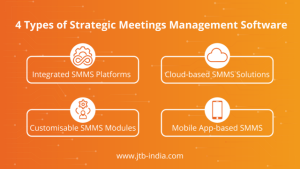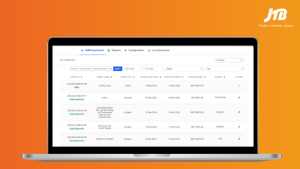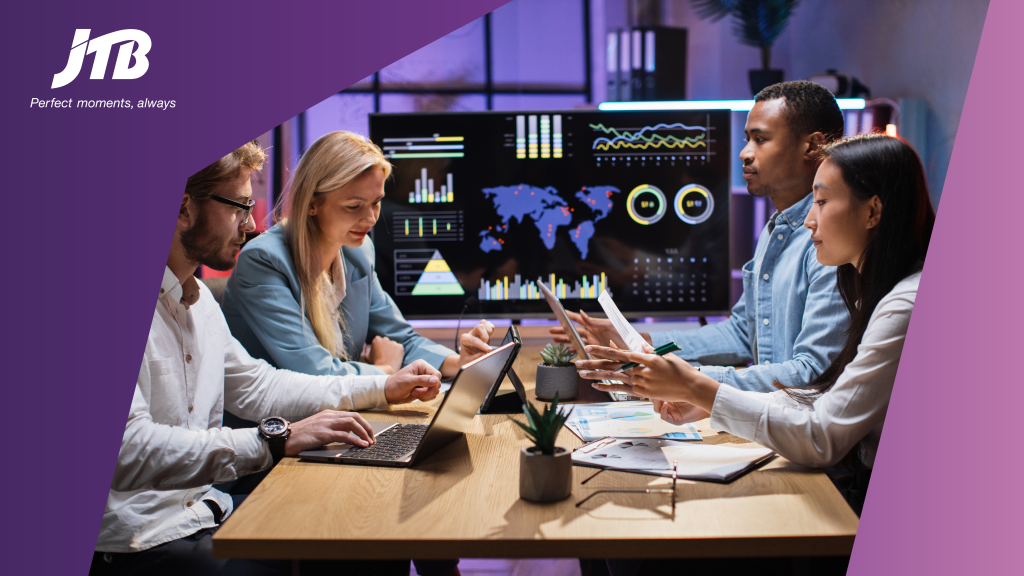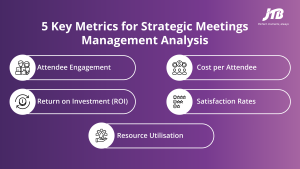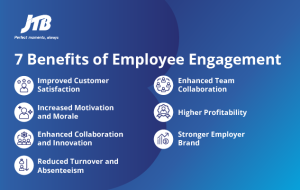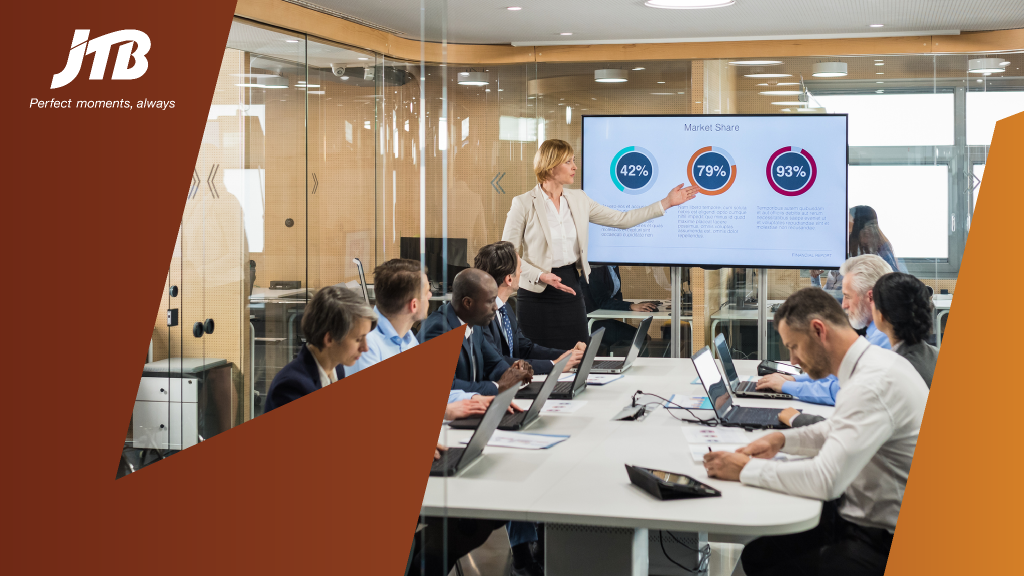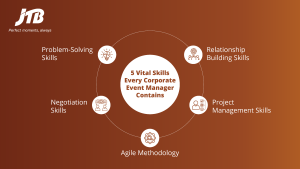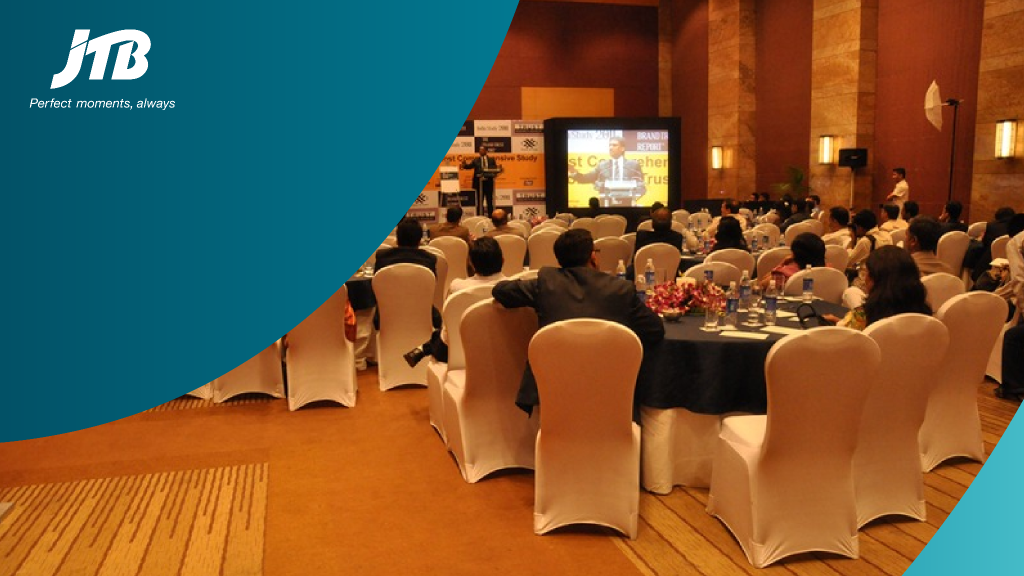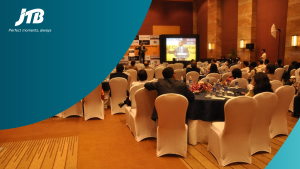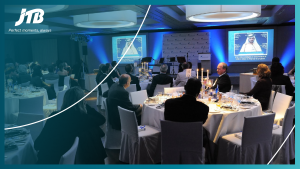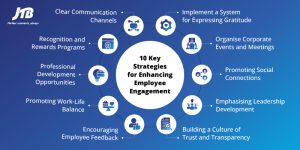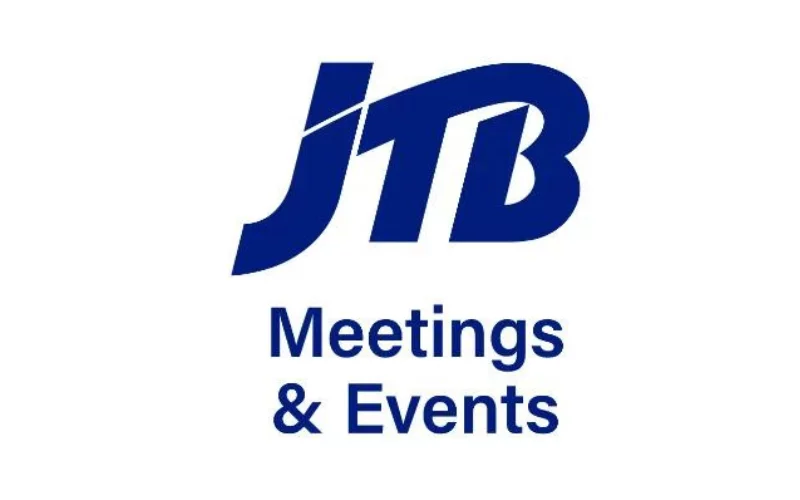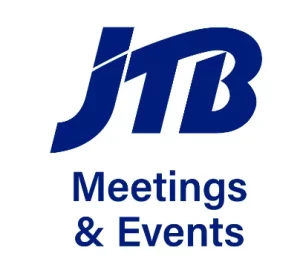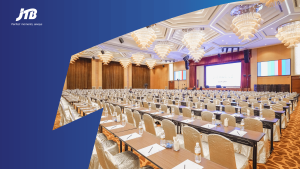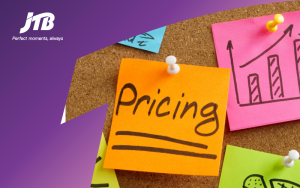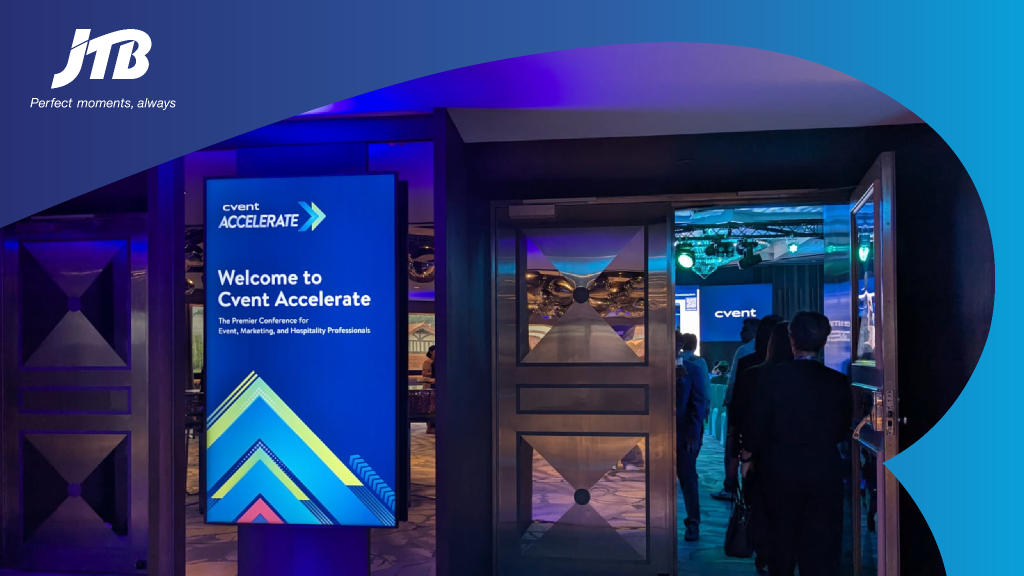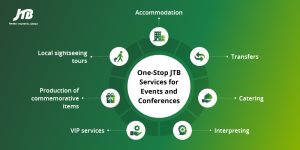Best Practices for Global Strategic Meetings Management Software
Effective strategic meetings management software (SMMS) globally is essential for organisations aiming to align objectives and streamline operations across different locations. These meetings are pivotal for decision-making, strategy development, and collaboration among stakeholders worldwide. However, organising them efficiently can be complex due to diverse logistics and participant needs.
Strategic meetings management software offers a sophisticated solution to optimise every aspect of global strategy meetings. By integrating advanced technology with strategic planning methods, SMMS enhances productivity, ensures compliance, and maximises Return on Investment (ROI). It centralises planning, manages compliance and risks, tracks budgets, and provides real-time data analytics, empowering organisations to navigate global meeting complexities with precision.
Beyond cost reduction, SMM software improves service quality and participant satisfaction, crucial in today’s competitive landscape where efficiency and strategic alignment are key to sustained growth.
It is not just a tool but a strategic asset that facilitates the comprehensive optimization of global strategy meetings. As businesses expand globally and embrace digital transformation, SMMS becomes increasingly essential for driving successful outcomes in these critical gatherings.
Boost Productivity and ROI with Strategic Meetings Management Software
In today’s fast-paced business environment, maximising productivity and Return on Investment (ROI) from global strategy meetings is crucial. Strategic meetings management software (SMMS) plays a pivotal role in achieving these goals by streamlining operations and enhancing efficiency:
- Efficiency Amplified: SMMS streamlines tedious administrative tasks like venue booking, attendee management, and budget tracking, freeing up valuable time for teams to focus on strategic goals.
- Cost Savings Verified: Organisations using SMMS typically achieve significant cost reductions, with studies showing up to 30% savings in meeting expenses (GBTA). This is how SMM saves your resources by allocating it more effectively, maximising every dollar spent.
- Quality Enhanced: By centralising meeting logistics and improving communication, SMMS ensures smoother operations and higher attendee satisfaction. Meetings become not just events, but opportunities for meaningful collaboration and impactful decision-making.
- Data-driven Insights: Real-time analytics provided by SMMS empower decision-makers with actionable insights. From attendance trends to expenditure breakdowns, these analytics enable continuous improvement and smarter planning for future meetings.
- Strategic Advantage: Beyond mere efficiency gains, SMMS provides organisations with a strategic advantage in a competitive landscape. It helps in fostering a culture of productivity and excellence, where each meeting contributes positively to organisational growth and success.
In essence, strategic meetings management software isn’t just about managing meetings; it’s about transforming them into catalysts for innovation and progress. By harnessing the power of technology and focusing on enhancing productivity and ROI, organisations can unlock new levels of efficiency and effectiveness in their global strategy meetings. Now that you know what SMM is, its benefits and how to boost productivity, let us know have a glance at its types.
4 Types of Strategic Meetings Management Software
Choosing the right strategic meetings management software (SMMS) is crucial for organisations seeking to optimise their global strategy meetings. Here are several types of SMMS solutions available in the market, each offering unique features to meet diverse organisational needs:
1. Integrated SMMS Platforms
These platforms provide comprehensive solutions for managing all aspects of global strategy meetings. They integrate functionalities such as centralised planning, budget management, attendee registration, and real-time reporting. Designed for large enterprises, integrated strategic meetings management platforms streamline operations, enhance compliance, and improve cost efficiency by consolidating meeting management processes into a single, cohesive system.
2. Cloud-based SMMS Solutions
Cloud-based SMMS solutions offer flexibility and scalability, enabling organisations to manage meetings from anywhere securely. These solutions provide features like mobile accessibility, automated updates, and data backup, facilitating seamless collaboration across geographically dispersed teams. Cloud-based SMMS is particularly beneficial for organisations with dynamic meeting requirements and a need for real-time access to meeting data and insights.
3. Customisable SMMS Modules
Some SMMS providers offer modular solutions that can be tailored to specific organisational requirements. These modules focus on niche areas such as compliance management, vendor relationship management, or strategic sourcing. By selecting and integrating modules according to their needs, organisations can build a customised SMMS that aligns precisely with their unique meeting management objectives and operational workflows.
4. Mobile App-based SMMS
With the rise of mobile technology, app-based SMMS solutions have gained popularity for their accessibility and user-friendly interface. These applications provide features such as instant messaging, agenda updates, attendee notifications, and post-meeting surveys. They enhance participant engagement and facilitate real-time decision-making during meetings, making them indispensable for organisations looking to maximise productivity and responsiveness.
Also, a meetings management program can save your company’s total meeting costs by 10-25% by centralising time-intensive functions such as venue sourcing and attendee registration. This benefit of cost savings and operational efficiency highlights why integrating SMMS into corporate strategies has become increasingly imperative for modern organisations striving to optimise resources and maximise productivity.
Selecting the appropriate SMMS type depends on factors such as organisational size, meeting complexity, and specific business objectives. By investing in the right SMMS solution, you can not only leverage the benefits of SMM but also optimise their global strategy meetings, improve collaboration, and drive sustainable growth.
Best Practices for Effective Management of Global Strategy Meetings
Organising and managing global strategy meetings effectively is crucial for aligning organisational objectives and maximising productivity. Here are ten best practices facilitated by strategic meetings management software (SMMS):
- Technology Integration: Integrate SMM software with other technology platforms such as video conferencing tools, collaboration software, and mobile applications. This enhances communication, facilitates remote participation, and improves accessibility for all attendees.
- Centralised Planning and Coordination: Use SMMS to centralise planning activities such as agenda creation, venue selection, and scheduling across all meeting locations. This ensures consistency and alignment with strategic goals.
- Real-time Collaboration Tools: Leverage SMMS features for real-time collaboration, including document sharing, live polling, and virtual breakout sessions. Foster active participation and idea exchange among participants regardless of their physical location.
- Comprehensive Agenda Creation: Develop detailed agendas using SMMS that outline objectives, discussion points, and allocated time slots for each agenda item. This helps keep your business meetings focused as well as productive.
- Attendee Management: Use SMMS features for managing attendee lists, RSVPs, and participant roles. Ensure all necessary stakeholders are invited and informed well in advance to maximise participation and engagement.
- Compliance Management: Implement SMMS tools to ensure compliance with internal policies, industry regulations, and data privacy laws. This includes managing sensitive information securely and maintaining audit trails. For more specific insights, you can explore how strategic meetings management is applied in the healthcare sector and in the pharmaceutical industry.
- Risk Assessment and Mitigation: Conduct thorough risk assessments using SMMS to identify potential issues such as logistical challenges or security concerns. Develop contingency plans and allocate resources accordingly to mitigate risks effectively.
- Budget Tracking and Cost Optimization: Use SMMS for real-time budget tracking, expense monitoring, and cost optimization. Identify cost-saving opportunities and allocate resources strategically to achieve maximum ROI from meetings.
- Post-Meeting Evaluation: Use SMMS analytics capabilities to evaluate meeting effectiveness based on metrics like attendance rates, participant feedback, and action item completion. Identify areas for improvement and implement changes for future meetings.
- Continuous Improvement: Encourage a culture of continuous improvement by using SMMS insights to refine meeting processes and enhance organisational efficiency. Regularly review and update meeting protocols based on feedback and performance metrics.
By integrating these best practices facilitated by strategic meetings management software, organisations can ensure that global strategy meetings are not only well-organised but also contribute positively to achieving strategic goals and fostering a culture of collaboration.
Enhance SMM Program with JTB Connect
JTB Connect, developed by JTB India Pvt. Ltd., is an advanced technology platform designed to revolutionise meeting and event management. It offers a comprehensive solution for organisations aiming to streamline their event planning and execution processes. Harnessing technology, JTB Connect simplifies complex processes, enhances transparency, and fosters collaboration among stakeholders. Leveraging a wide range of features, the platform caters to the diverse needs of businesses, providing greater control, visibility, and effectiveness in meeting and event management efforts.
Key Features of JTB Connect
Here are the 7 key features that JTB Connect offers:
- Wide Venue Selection: Choose from over 10,000 hotels and venues for your events, ensuring a diverse range of options to suit your requirements.
- Comprehensive Service Offerings: Access ancillary services like transport, catering, audiovisual, gifting, and entertainment, simplifying the planning process.
- Streamlined Payment Process: Enjoy secure and streamlined payment procedures for hassle-free transactions.
- Vendor Content Management: Easily manage and update vendor information through the Vendor Content Management System, ensuring accurate and up-to-date details.
- Effective Vendor Engagement: Facilitate seamless communication and collaboration with vendors through the platform.
- Event History and Dashboard: Access past event details and relevant information, and receive instant confirmations via the visual event dashboard.
- Automated Booking: Use the automated booking process for efficient and simplified event planning.
JTB Connect streamlines meeting and event management processes by centralising key tasks and automating repetitive activities. It provides a single platform for managing all aspects of events, from planning and registration to execution and post-event analysis. This streamlining improves efficiency, reduces errors, and enhances overall productivity.
Benefits of Using JTB Connect
The following are the advantages of incorporating JTB Connect in your organisation:
- Cost Savings: Experience up to 30% cost savings compared to traditional event planning methods.
- Wide Range of Event Options: Explore events happening in India and globally, providing ample opportunities for planning diverse events.
- Accuracy and Compliance: Ensure accuracy and compliance with internal and statutory standards throughout the event lifecycle.
- Real-Time Budget Analysis: Gain insights into expenses and budget status in real time, facilitating better financial management.
- Efficient Processing: Streamline processing times and improve turnaround time management for enhanced efficiency.
- Monitoring Trends: Stay informed about industry SMM trends through informative insights provided on reports and dashboards.
By using JTB Connect, organisations streamline event planning processes, achieve significant cost savings, gain access to a wide range of event options, and benefit from real-time budget analysis and efficient automation of booking processes. Experience the convenience and efficiency of JTB Connect for your event management needs.
Conclusion
Strategic meetings management software (SMMS) improves global strategy meetings by simplifying planning, cutting costs, ensuring compliance, and providing real-time analytics. JTB Connect enhances these benefits by seamlessly integrating with SMMS, offering features like diverse venue choices, easy payments, and automated bookings.
Adopting JTB India’s strategic meetings management program in today’s global landscape not only streamlines operations but also empowers leaders with instant insights, promoting ongoing improvements and strategic decisions. Discover how SMMS and JTB Connect can transform your organisational strategies and elevate your approach to global meetings. Embrace innovation, boost efficiency, and open up new opportunities with SMMS today.


